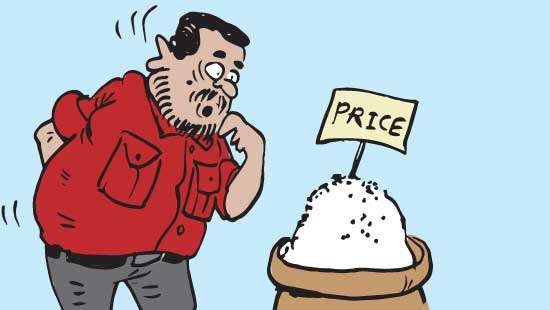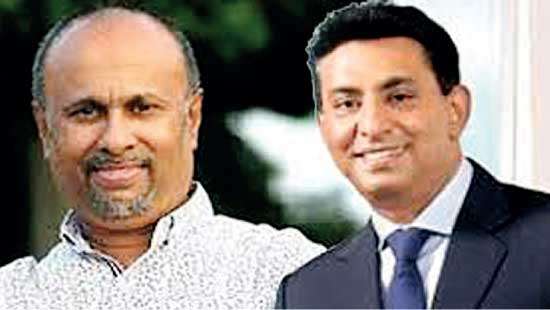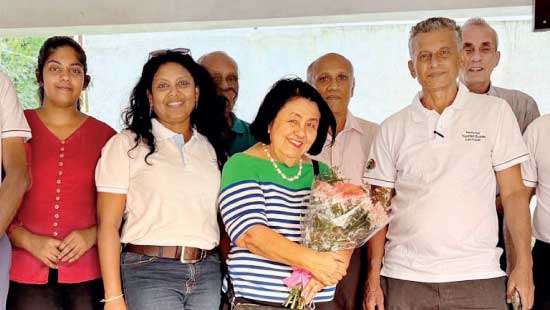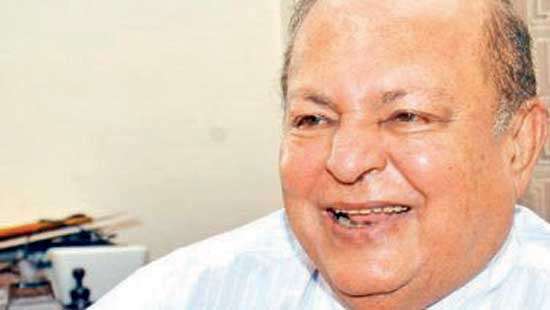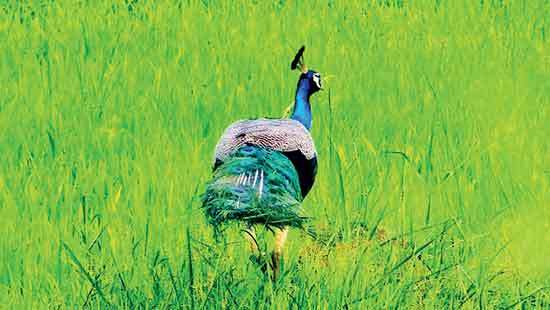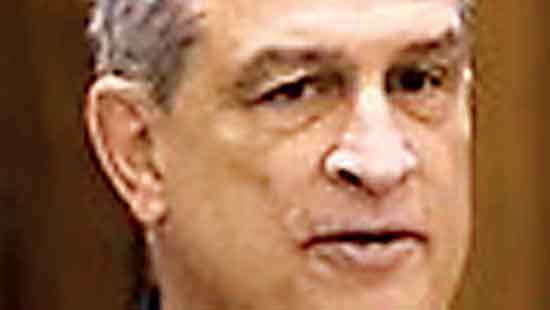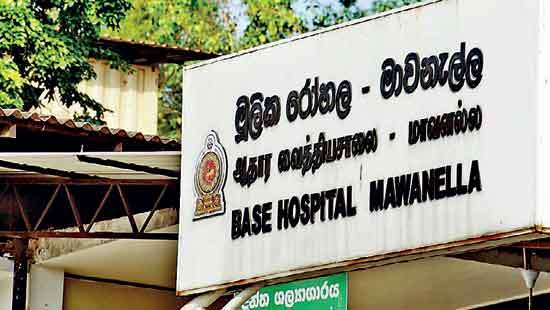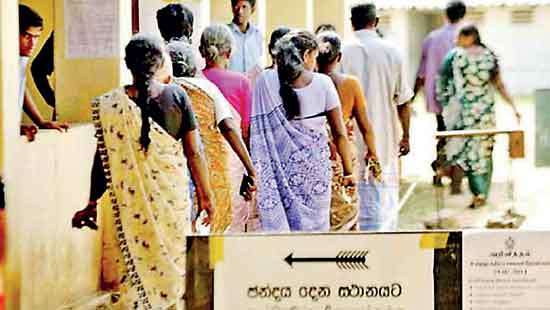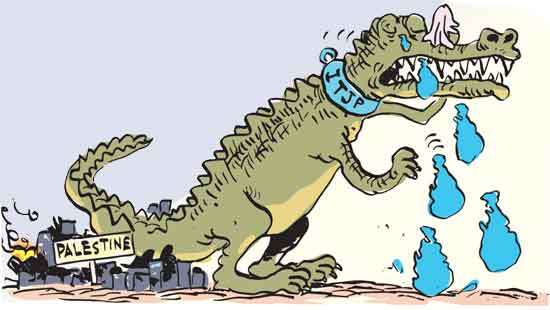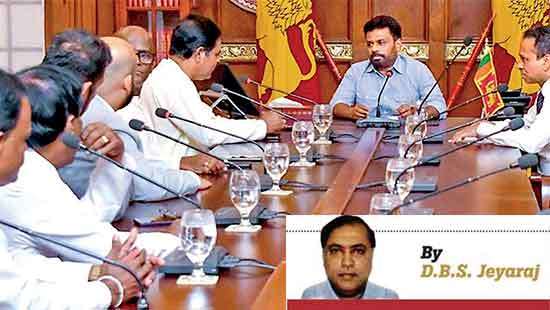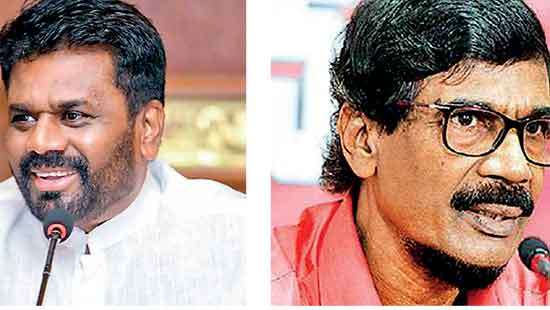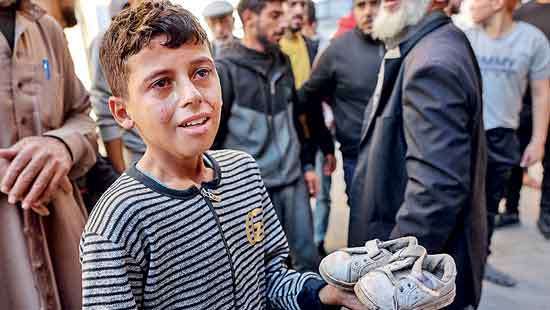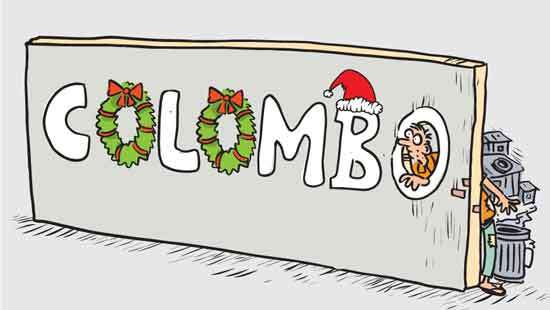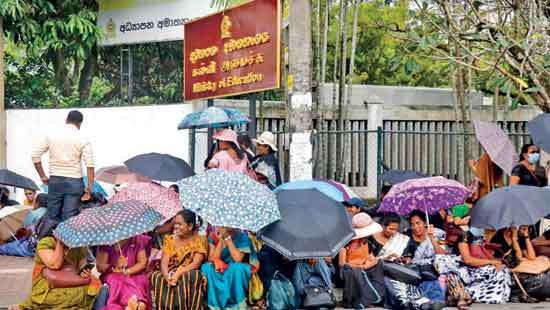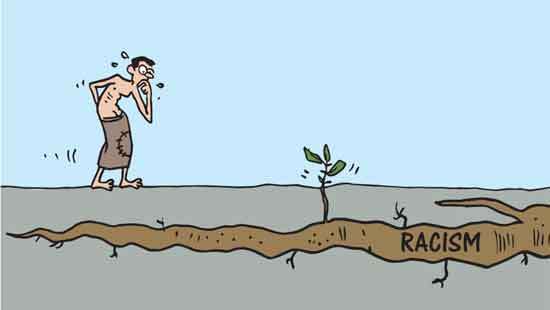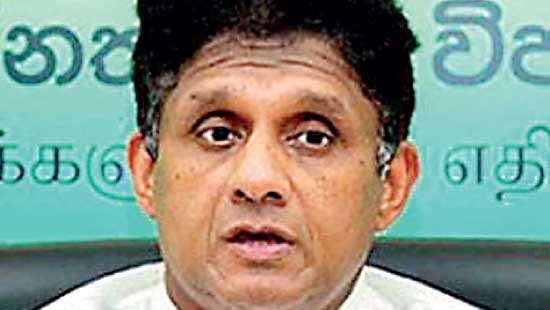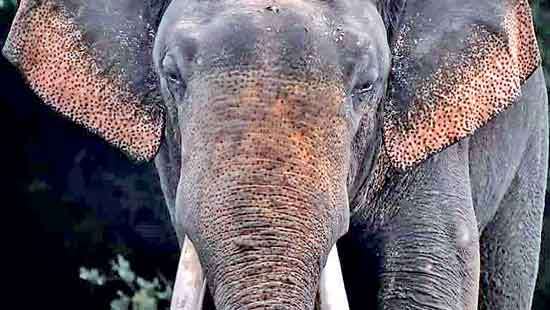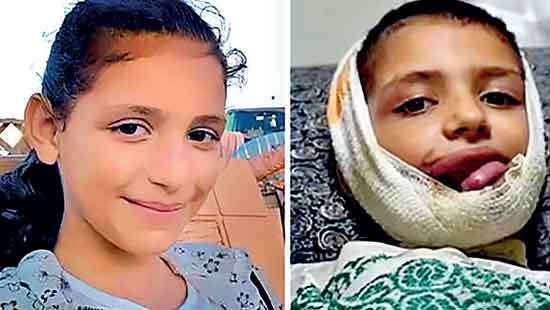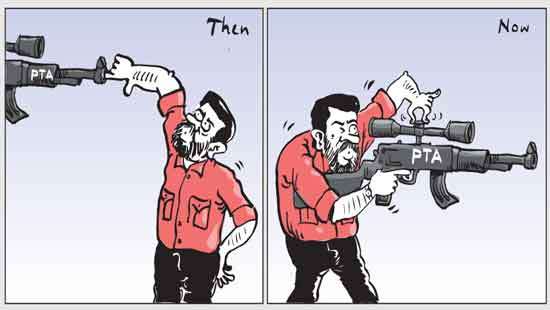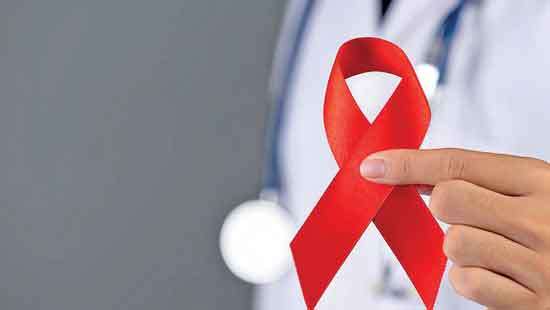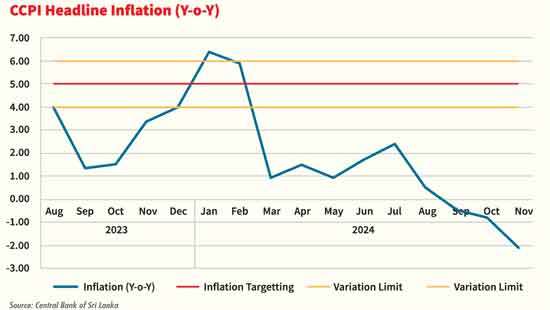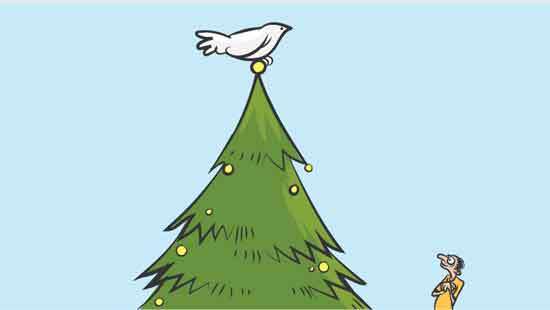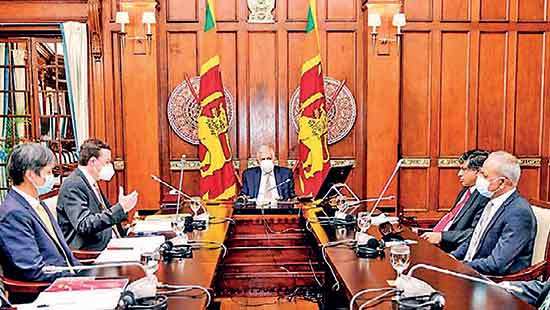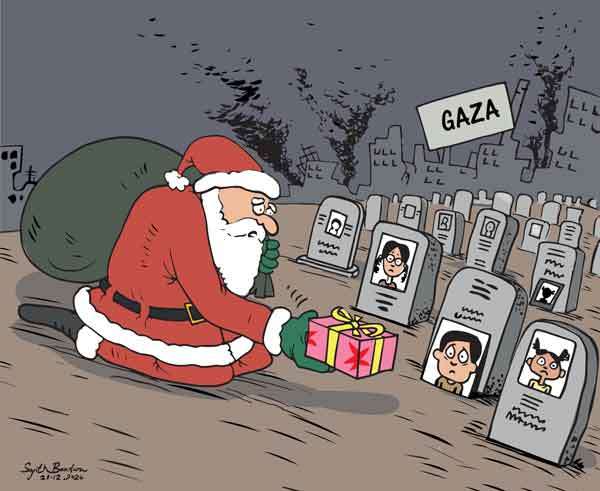Opinion
Can AKD bring big time rice millers to book
11 Dec 2024
 13
13
President Anura Kumara Dissanayake and his newly elected parliamentary team are being hit by a barrage of criticism more reminiscent of the firing of multi-barrel weapons which operated during the time of the LTTE-led war which lasted nearly 30 years. The political opposition has rounded on government for its inability to control major rice millers manipulating prices.
When guardians of justice are more corrupt than politics…
11 Dec 2024
 2
2
Those on all sides of the political divide, and even those who hold reservations, could expect certain good things to come from this government. One area of promise is more than an illusory commitment to fight corruption. Acknowledging that would not make you a sycophant but surely reduce the chances of you being a brazen hypocrite.
Tour guides should adopt new technology to promote tourism- WFTGA Ambassador
11 Dec 2024
 1
1
Amid the vibrant beats of traditional drums, spirited dancers, and the echo of conch shells unique to Sri Lanka, Maricar Donato, the Global Brand Ambassador of the World Federation of Tourist Guide Associations (WFTGA), received a warm and ceremonial welcome from the Sri Lanka Institute of National Tour Guide Lecturers (SLINTGL) on December 3, 2024.
AUBREY. V. RAYMOND A noble man with sterling qualities
11 Dec 2024
 5
5
More things are wrought by prayer than this world dreams of. These lines of Alfred Lord Tennyson were reflected in the life and times of late Aubrey. V. Raymond. It is with a deep sense of sorrow that I am paying humble homage to the memory of a dear departed personality, friend and non-related brother.
Provincial Council polls should bridge democratic deficit
09 Dec 2024
 0
0
Constitutionalism as a theory and in practice stands for the principle that there are—in a properly governed state—limitations upon those who exercise the powers of government, and that these limitations are spelled out in a body of higher law which is enforceable in a variety of ways, political and judicial. It is an indispensable part of the rule of law.
Crocodile tears over Lanka, while covering genocide in Palestine - EDITORIAL
09 Dec 2024
 1
1
The EconomyNext on December 5 reported that the International Truth and Justice Project (ITJP) is seeking sanctions and travel bans for human rights and economic crimes in Sri Lanka for more than 60 Sri Lankans, including military officials.
Premier Tamil party ITAK is on top in Batticaloa but down in Jaffna
07 Dec 2024
 0
0
“Mata Allanda Bariwune,Madakkalappuwa vitharai” (I was unable to capture only Batticaloa) were the words with which President Anura Kumara Dissanayake smilingly greeted “Mattakkalappu” MP Shanakiyan Rajaputhiran Rasamanickam in Parliament on November 21. The president was mingling with the parliamentarians at the inaugural session of the tenth parliament. Anura was of course alluding to the November 14 parliamentary election in which the AKD
Tilvin and provincial councils
07 Dec 2024
 4
4
Can anyone find any difference between the crux of the following two paragraphs?“If a constitution acceptable to all communities is adopted, the necessity for the Provincial Council (PC) system or the 13th Amendment to the Constitution would no longer be valid. The Provincial Council system is a failed system which is of no use at all. Yet, we would not abolish the Provincial Council system without presenting an alternative viable solution. This
Who are shooting the Messengers?
07 Dec 2024
 0
0
Colombo Additional Magistrate Manjula Ratnayake’s observation last Thursday over an arrest of an individual who had shared videos relating to recent ‘Maaveerar Naal’ commemorations without first investigating those who created and uploaded the original videos as an approach like ‘shooting the messenger’, is an eye-opener to the powerful National People’s Power (NPP) and the Janatha Vimukthi Peramuna (JVP) government and its leaders.
Trump threatens to let loose hell on Middle East
06 Dec 2024
 1
1
The United States President-elect, Donald Trump, read the riot act this week, warning Hamas—by extension all Palestinian civilians trapped in the Gaza Strip—that if the hostages are not released by the time he is in office, there will be “all hell to pay in the Middle East”.
Preventing Racism Top Priority for AKD Govt
05 Dec 2024
 3
3
Addressing the first formal session of the new parliament on Tuesday, Prime Minister Harini Amarasuriya reiterated that the government of President Anura Kumara Dissanayake and the National People Power would not allow any party or group to indulge in racial tension or violence.
Political Opposition is dead
04 Dec 2024
 8
8
The political Opposition in this country has yet again reduced to insignificance. This is a precarious existence for politics and the country at large, though this has been a recurrent phenomenon throughout the 2010s. Only the travails have incrementally worsened: In 2010, during the second term of Mahinda Rajapaksa’s presidency, the UPFA won 144 seats, a tad short of the two-thirds majority, which was compensated with the pole vaulters from the
The carnival is over and government bares its fangs
04 Dec 2024
 7
7
Have some pity for our new government. They were voted into power amid such high expectations; backed by the trade and student organisations. The people gave them a two-thirds majority in parliament. What is sad is we have never asked how these expectations will be matched.
The death of Deega Danthu II Authorities in a race against time to reduce Elephant Deaths By Electrocution
03 Dec 2024
 4
4
The death of Deega Danthu II, an iconic tusker that roamed around Kala Wewa, Balalu Wewa and adjacent jungles in Kekirawa has sparked serious concerns about interventions taken by authorities including the Department of Wildlife Conservation (DWC) to conserve and protect these majestic species.
Battling HIV/AIDS Through Awareness and Action
02 Dec 2024
 0
0
Resonating with the health and welfare of over 39.9 million HIV patients living globally, World AIDS Day, marked on December 01 every year is a timely reminder reflecting on the importance of raising awareness and prevention of the Human Immunodeficiency Virus (HIV).
Landslides, Floods and Government’s Pre-election Manifesto
30 Nov 2024
 0
0
The monsoon season is here again. This time heightened by the adverse effects of climate change. According to the latest reports, thirteen persons have lost their lives. Over 400,000 persons from over 132,000 families have been affected by overflowing tanks, landslides and or flooding with 102 houses completely destroyed and over 2,000 partially damaged.
LG Polls: Opposition at a Loss
30 Nov 2024
 0
0
The row in the New Democratic Front (NDF) led by former President Ranil Wickremesinghe and the Samagi Jana Balawegaya (SJB) over the National List slot allocated for them at the November 14 Parliamentary election seems to prolong for another week or more.

SL exits ’Restricted Default’ rating
30 Nov 2024
 0
0

SriLankan airlines hosts agents’ tour to Gan island
30 Nov 2024
 0
0

First Capital crowned as Brand of the Year at SLIM Brand Excellence 2024
30 Nov 2024
 0
0

Bitcoin surges past $100k for first time
30 Nov 2024
 0
0

USAID, CBL group to boost SL’s coconut industry
30 Nov 2024
 0
0

crisis spirals, Govt. extends deadline for imports till January 10
30 Nov 2024
 0
0

Suspect dies after collapsing in Chilaw Police custody
30 Nov 2024
 0
0

Dayasiri defends use of President’s Fund, rejects misuse allegations
30 Nov 2024
 0
0




